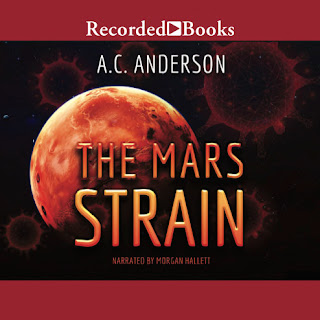Full time writer? Used to be. Not anymore. These days, out of necessity, there's a day job gumming up the works. I used to nurse a fantasy about being able to write swiftly enough and well enough that I'd be able to out earn my day job with books. It might still be possible and I'm still working on building a system to support that effort. Writing full time was a great privilege. But it also wasn't writing full time. It was writing half time. So maybe I've never really been a full time writer. Or maybe I'm more of one now that I'm a technical writer getting paid for what I write on a consistent basis. That's a little soul crushing though, because I don't even want to read what I write in those documents. Too few explosions, honestly. No romance at all, so what's the point?
The writing half time crack comes out of the fact that I had to make a deal in order to give the whole writing full time thing a go when I first embarked on it. I had to promise to take care of everything that supported day to day life. The house. The cooking. The cleaning. The finances. The errands big and small. ALL THE THINGS. It worked for many a long year. I enjoyed it all very much. Getting to write for several hours a day. Taking care of my family. But life changes. Breadwinners lose jobs. Loved ones die. You lose your home. It doesn't matter what the story is. Stuff just happens. And then you recover from it. Recovery meant me returning to the workforce. If you think THAT was a simple thing after fifteen years of not working for someone - dang. I have a great job with a great team that's full of other authors and aspiring authors. We do Nanowrimo each November (no one ever 'wins' because work) but we do try to support one another.
But. I always have my eye on what tweak can I make in my life to steal a little more writing time? Another block of space that would let me write.
I had the writer-without-a-day-job gig. I want it back.













